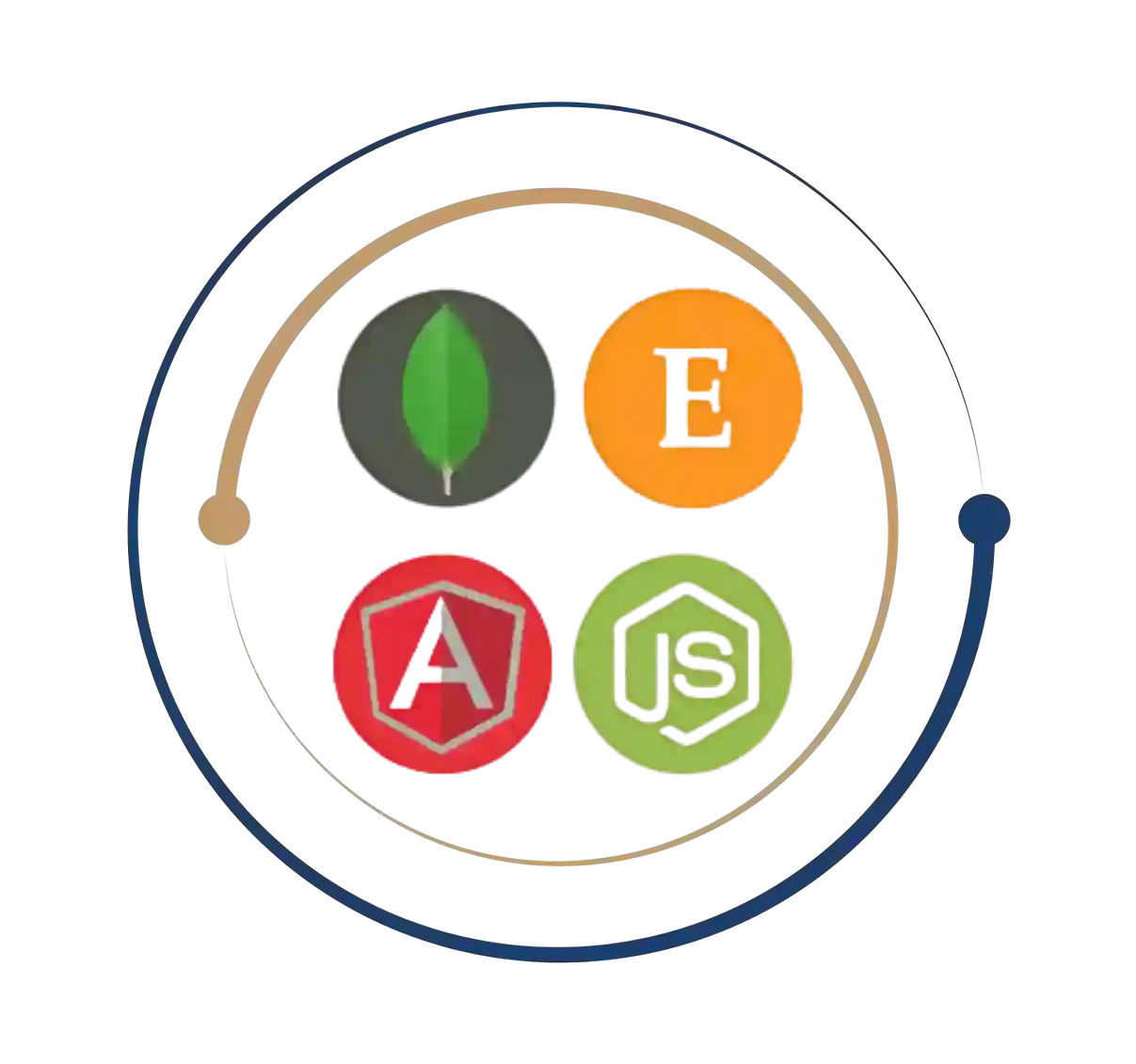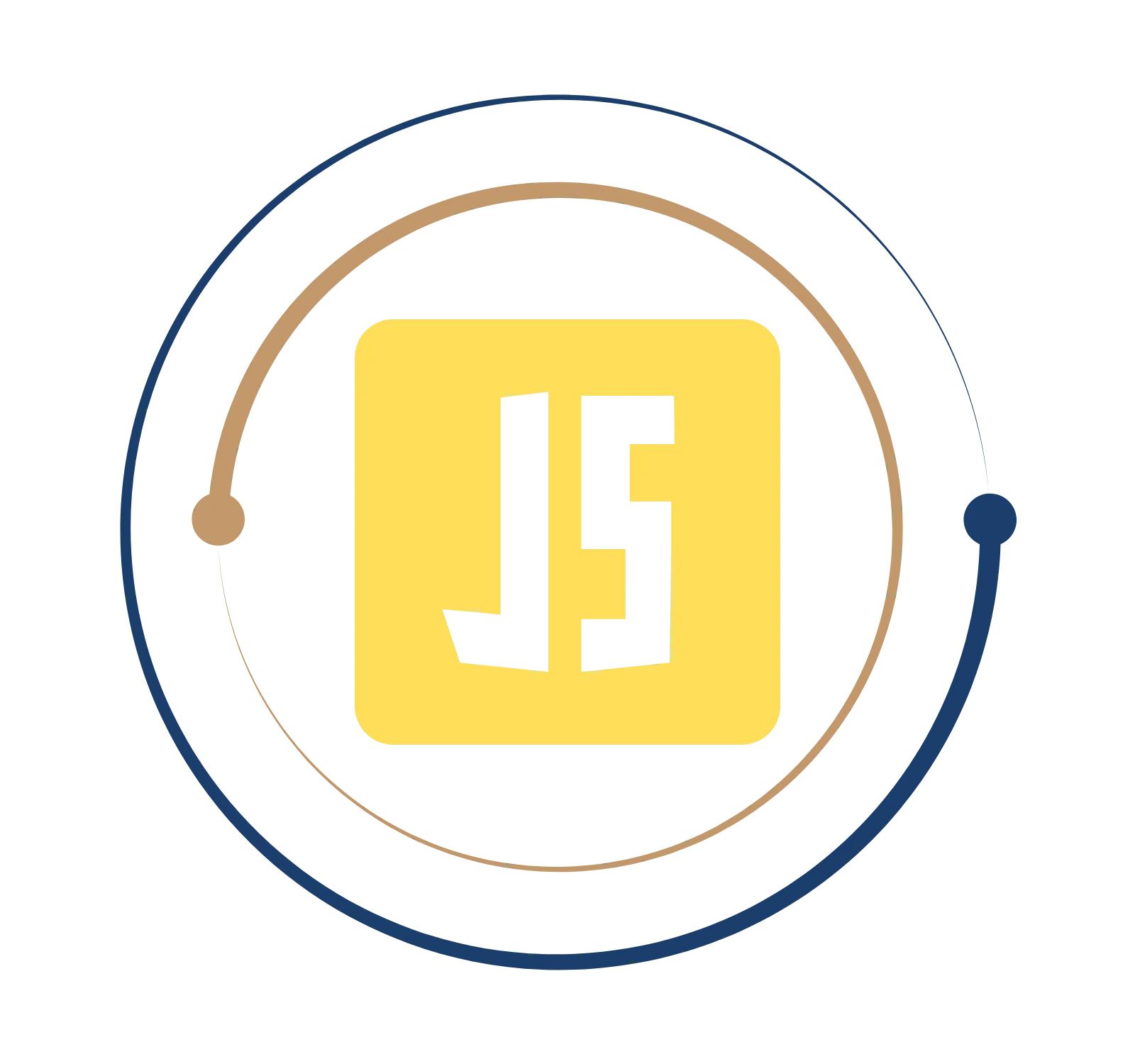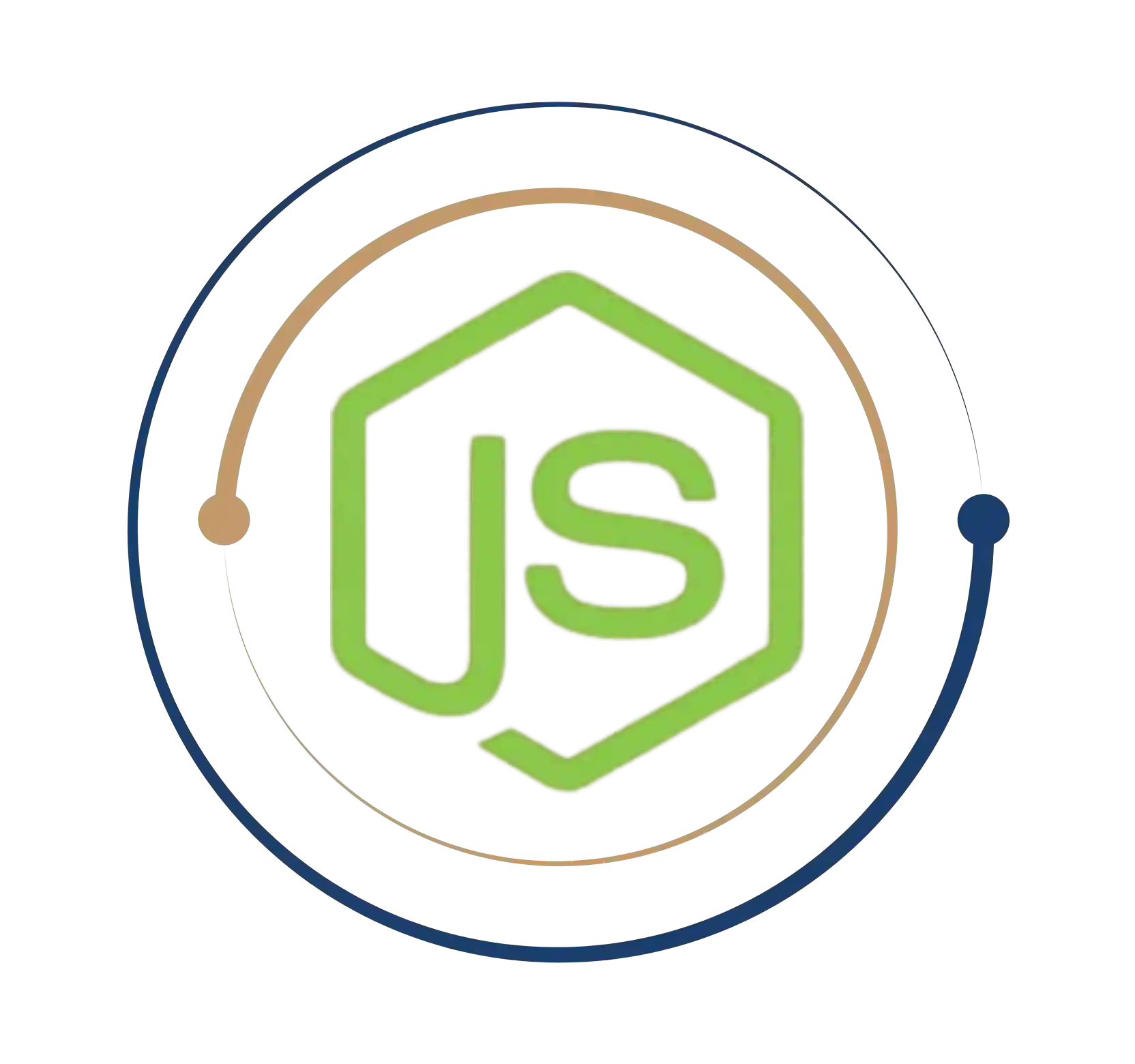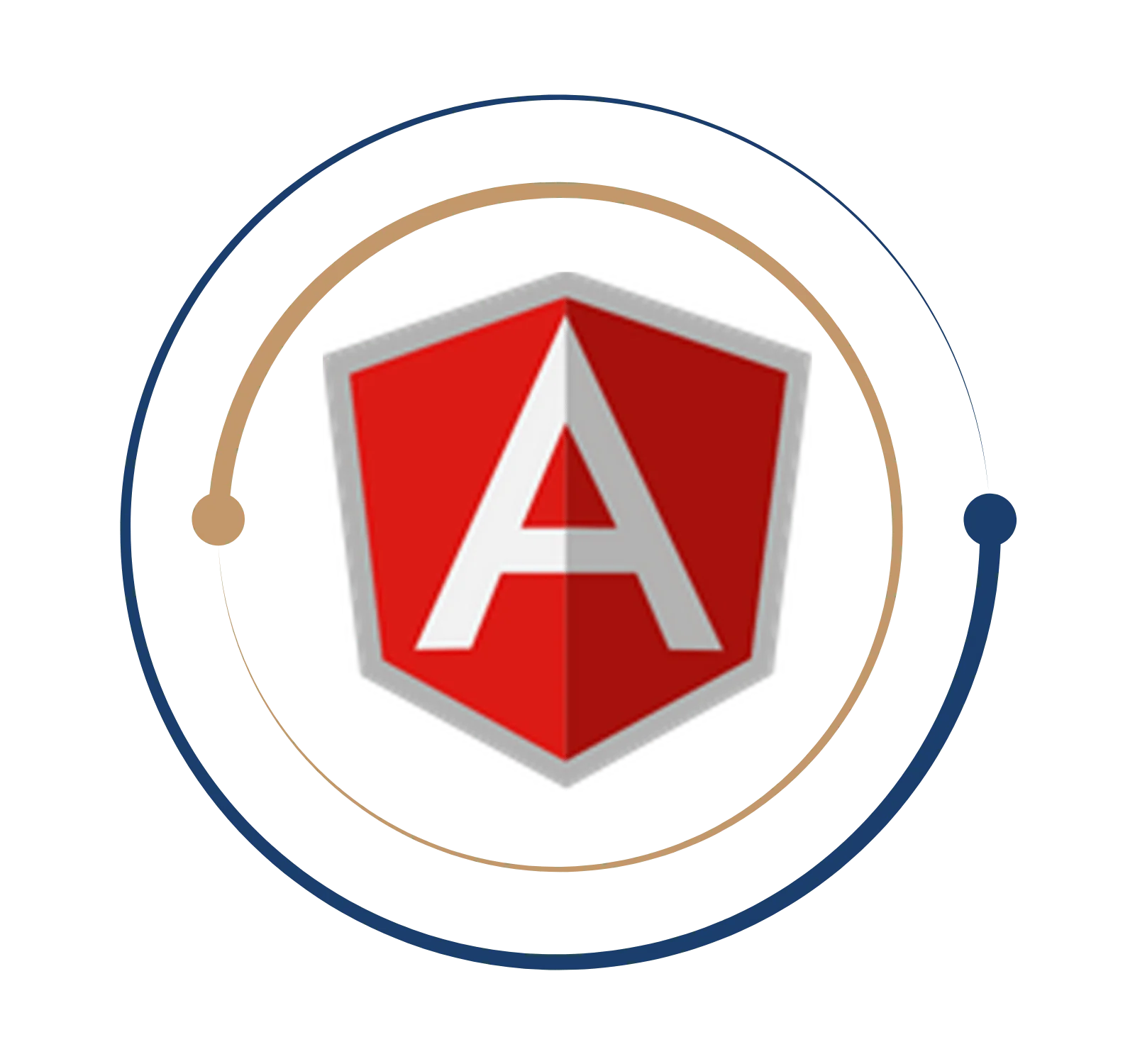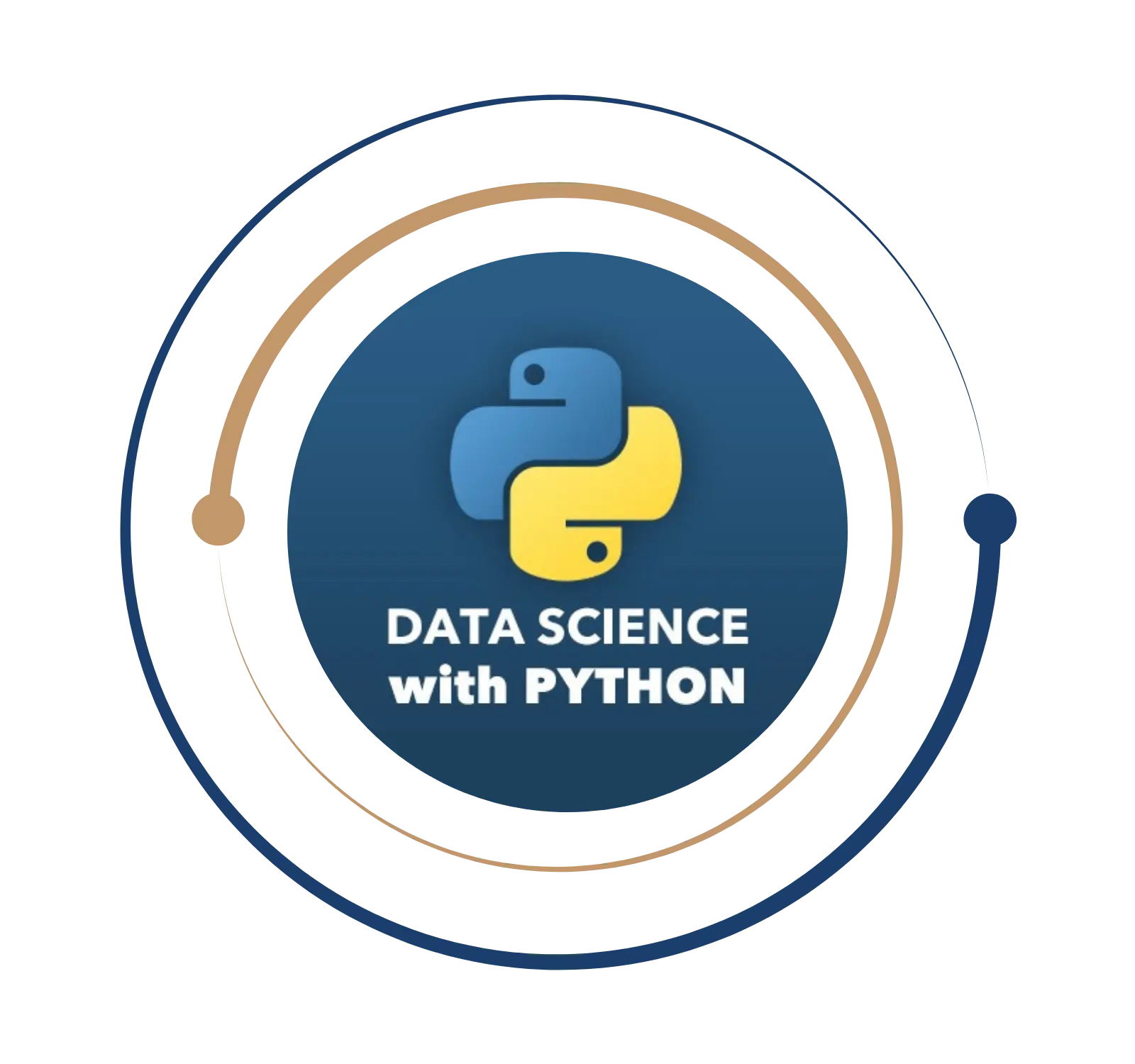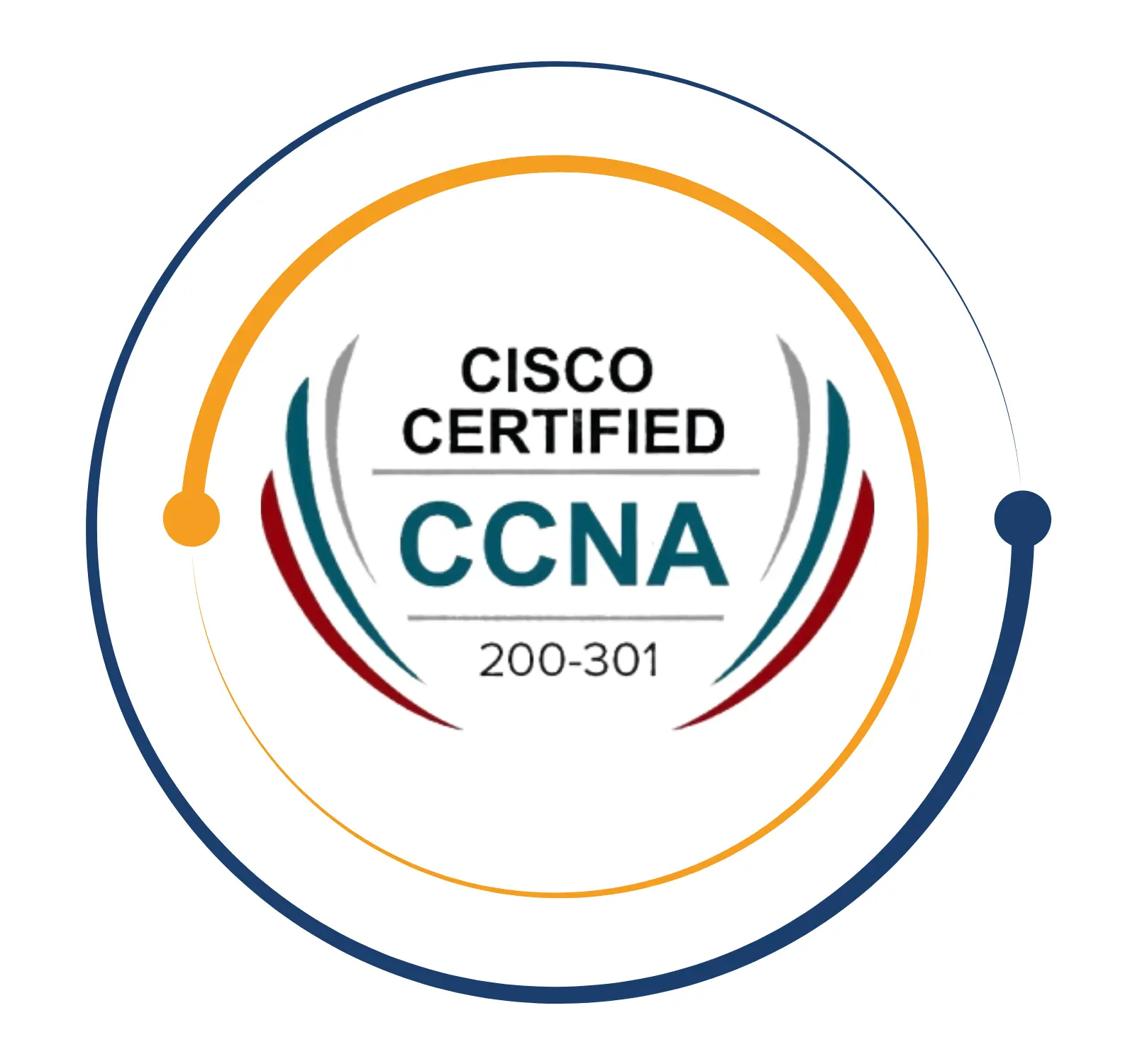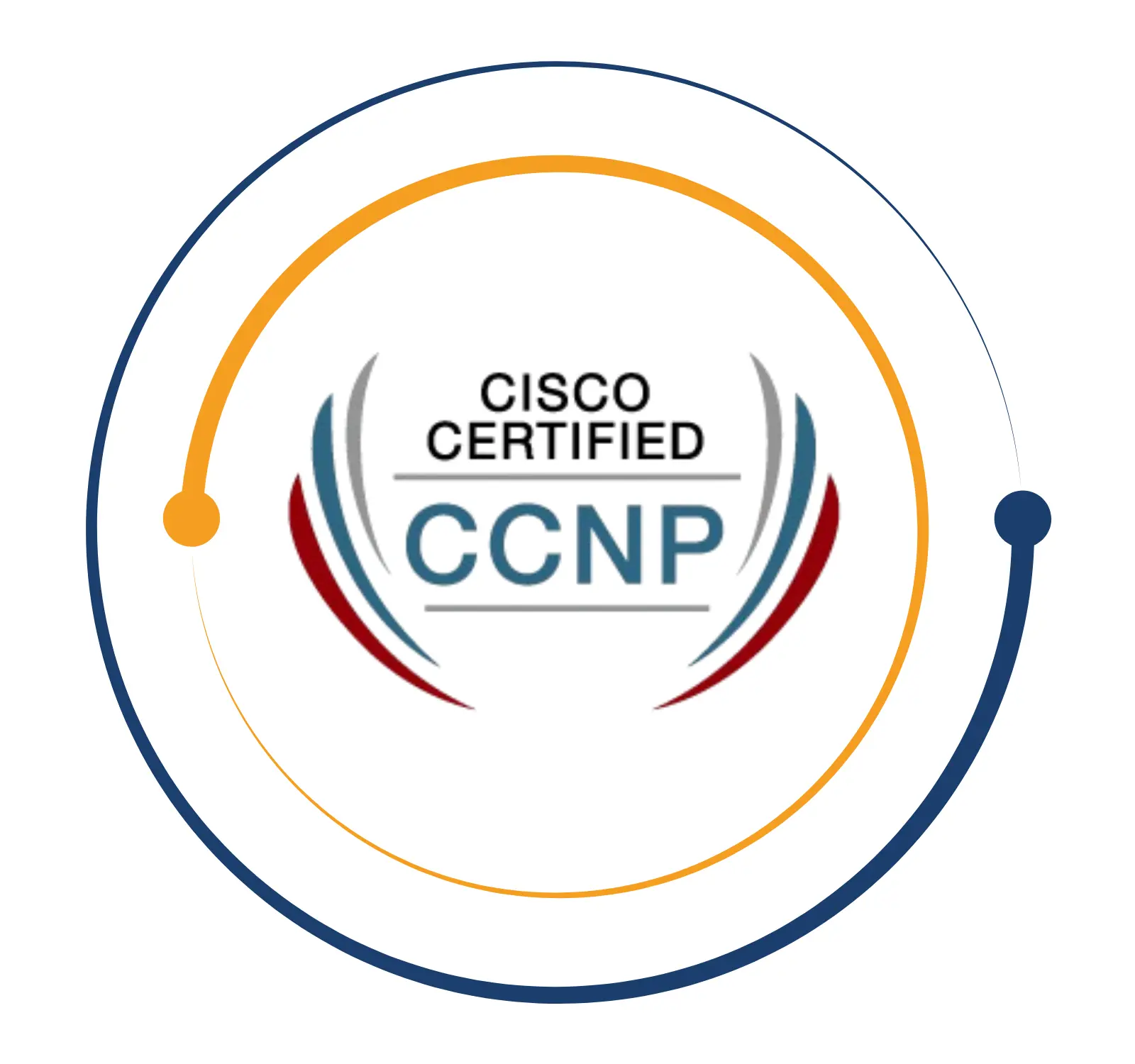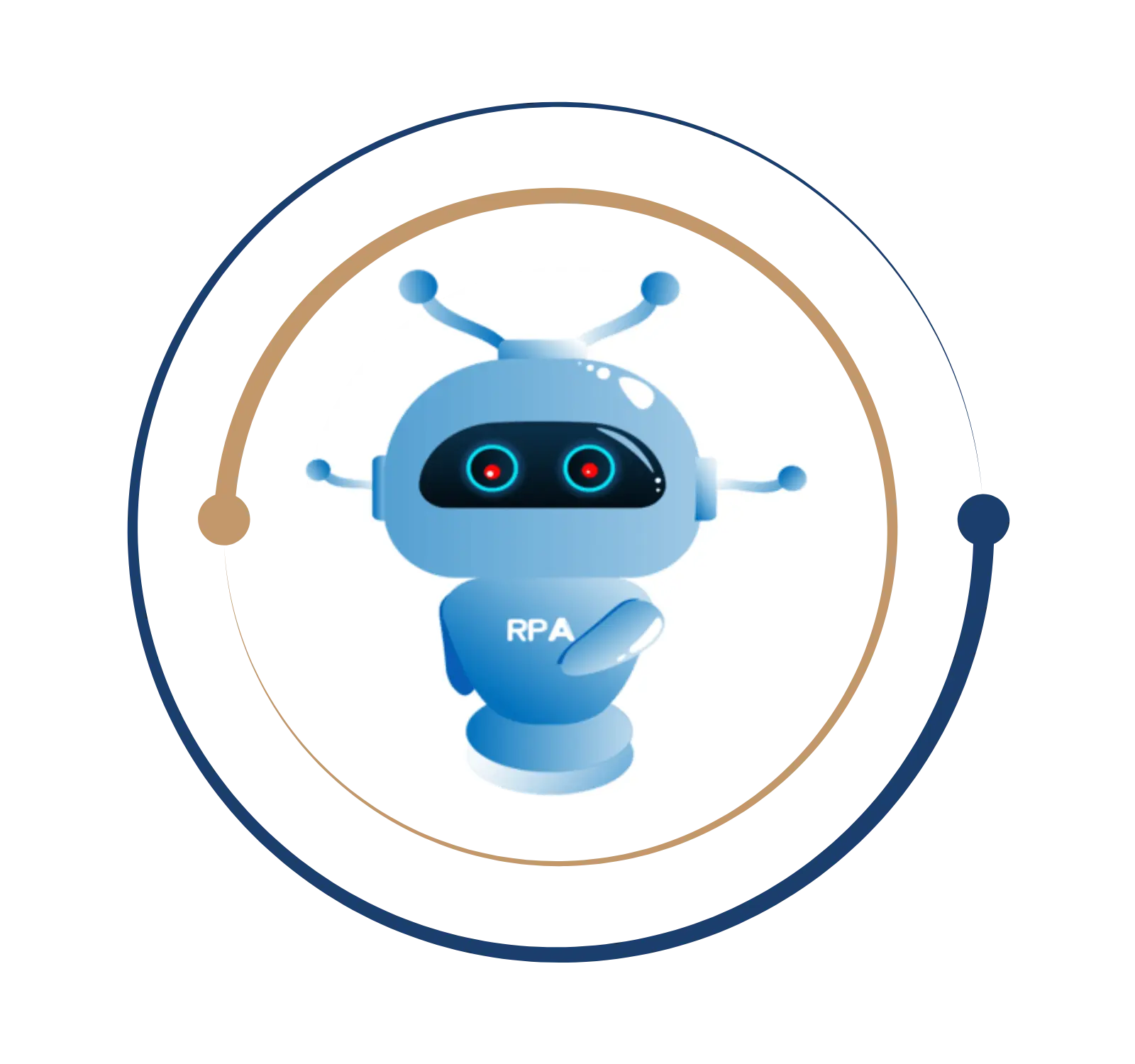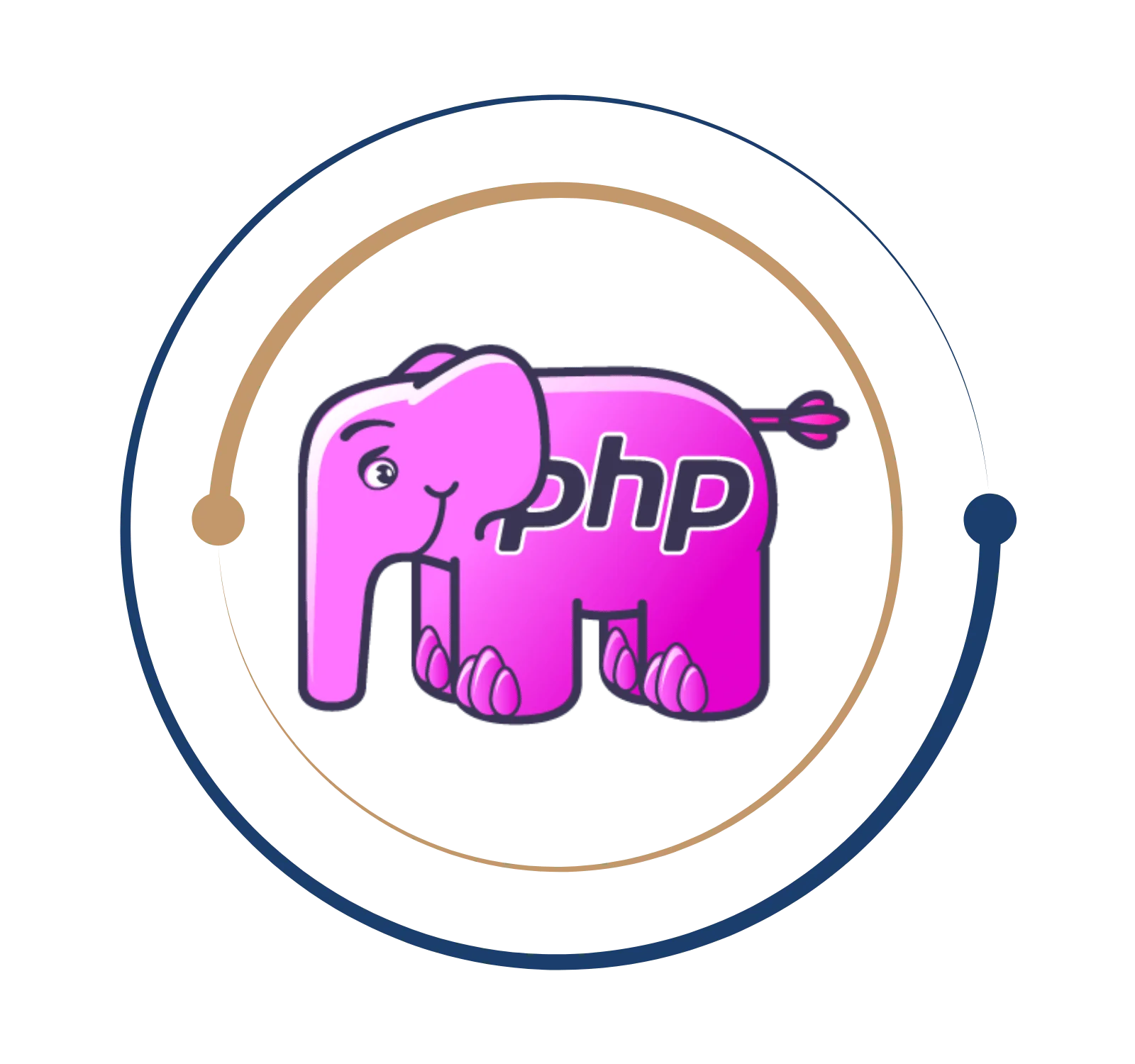Develop dynamic websites with expert-led PHP programming training
PHP Training in Chennai
Are you interested in receiving professional training to become an experienced PHP developer? BITA provides Professional PHP Training in Chennai. Our modules will thoroughly cover Data Types, Control Structures, user-defined functions, debugging, and more. During training, students learned the basics of MySQL, how to create content management systems, and PHP approaches.
PHP – Hypertext PreProcessor is the most popular open source, the all-purpose server-side scripting language used primarily in web development to construct dynamic websites and apps. Rasmus Lerdorf came up with it in 1994. PHP can perform any task associated with server-side scripting, also referred to as the backend of a website. In addition, PHP features various hash algorithms that can be used to encrypt user data, making it safe and dependable for usage as a server-side scripting language. These are some of PHP’s capabilities that qualify it as a server-side scripting language.
PHP Training in Chennai
Are you interested in receiving professional training to become an experienced PHP developer? BITA provides Professional PHP Training in Chennai. Our modules will thoroughly cover Data Types, Control Structures, user-defined functions, debugging, and more. During training, students learned the basics of MySQL, how to create content management systems, and PHP approaches.
What is PHP?
PHP – Hypertext PreProcessor is the most popular open source, the all-purpose server-side scripting language used primarily in web development to construct dynamic websites and apps. Rasmus Lerdorf came up with it in 1994. PHP can perform any task associated with server-side scripting, also referred to as the backend of a website. In addition, PHP features various hash algorithms that can be used to encrypt user data, making it safe and dependable for usage as a server-side scripting language. These are some of PHP’s capabilities that qualify it as a server-side scripting language.
Roles and Responsibilities of PHP Developer
- Analyzing the needs of the application and the website.
- Creating practical PHP modules and writing backend code.
- Creating backend portals with a database that is optimized.
- Analyzing application and code problems.
- Integrating storage methods for data.
- Addressing front-end developers’ needs for integration.
- Web application testing and finalizing backend functionalities.
- Application feature updating and modification to improve performance.
PHP – Hypertext PreProcessor is the most popular open source, the all-purpose server-side scripting language used primarily in web development to construct dynamic websites and apps. Rasmus Lerdorf came up with it in 1994. PHP can perform any task associated with server-side scripting, also referred to as the backend of a website. In addition, PHP features various hash algorithms that can be used to encrypt user data, making it safe and dependable for usage as a server-side scripting language. These are some of PHP’s capabilities that qualify it as a server-side scripting language.
- Analyzing the needs of the application and the website.
- Creating practical PHP modules and writing backend code.
- Creating backend portals with a database that is optimized.
- Analyzing application and code problems.
- Integrating storage methods for data.
- Addressing front-end developers’ needs for integration.
- Web application testing and finalizing backend functionalities.
- Application feature updating and modification to improve performance.
Get Instant Help Here
PHP is one of the web designers’ and developers’ most widely used coding languages. Your hiring possibilities may enhance if you obtain certification in this programming language. You might be curious about the qualifications accessible if you’re considering working in web development or as a PHP engineer. This certification confirms that the candidate has learned the abilities required to work as a Web Developer or PHP Developer and includes real-world project experience. The PHP Training in Chennai offered by BITA Academy will prepare students for a rewarding and broad career as a PHP Developer.
- PHP Developer Certification
- Zend Certified PHP Engineer
- Coursera PHP certification
- W3Schools PHP certification
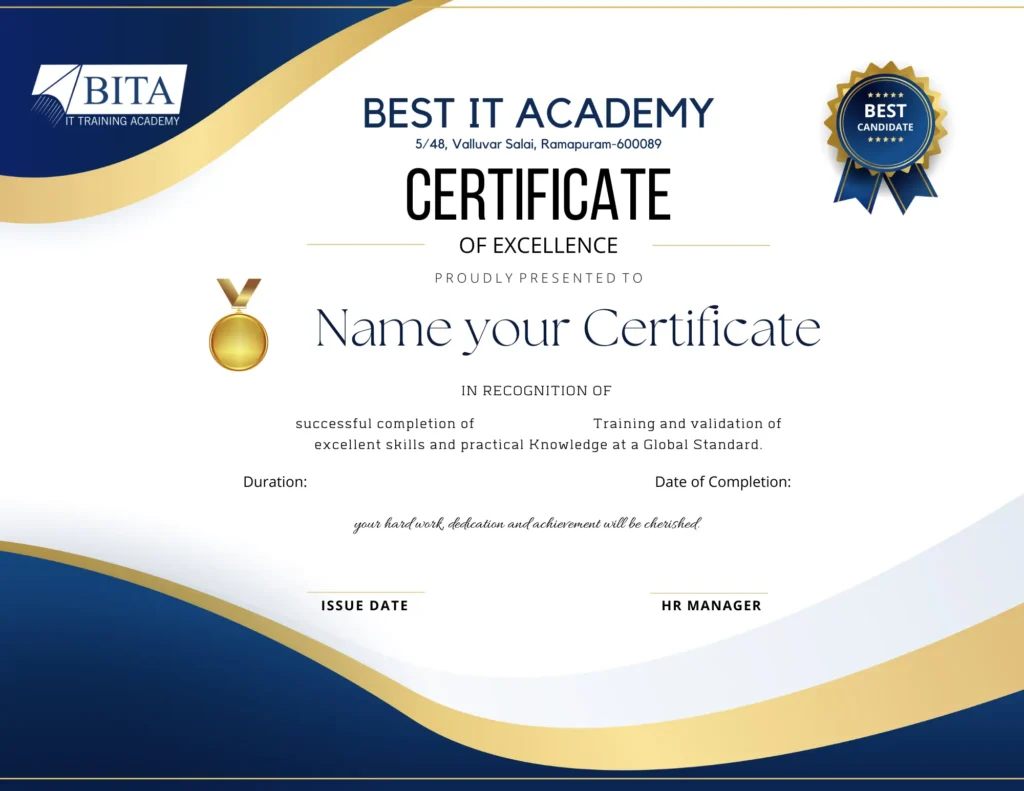
PHP has a broad and vibrant career potential for professionals wishing to pursue a career in web development. Nowadays, most businesses favor engineers that have experience with PHP. Building effective and reliable web apps using PHP is straightforward. Today’s companies need a dynamic website that can give visitors the impression that they are competent and trustworthy. This made PHP developers mandatory. For small to large enterprises, having a website has become essential in the rapidly developing digital world. When compared to other technologies, PHP technology is growing twice as fast. The average PHP developer pay in India with five to nine years of expertise is Rs. 546,000 annually. A PHP developer with 10–19 years of experience makes an average income of Rs. 850,000 annually. Signup for PHP Training in Chennai
The following are some of the job positions in PHP
Job you can land with PHP
What you will learn?
- What is PHP?
- The history of PHP
- Why choose PHP?
- Installation overview
- Embedding PHP code on a page
- Outputting dynamic text
- The operational trail
- Inserting code comments
- Variables Strings
- String functions
- Numbers part one: Integers
- Numbers part two: Floating points
- Arrays
- Associative arrays
- Array functions Booleans
- NULL and empty
- Type juggling and casting
- Constants
Control Structures: Logical Expressions
- If statements
- Else and elseif statements
- Logical operators
- Switch statements
- While loops
- For loops
- Foreach loops
- Continue Break
- Understanding array pointers
- Defining functions
- Function arguments
- Returning values from a function
- Multiple return values
- Scope and global variables
- Setting default argument values
Debugging
- Common problems
- Warnings and errors
- Debugging and troubleshooting
- Links and URLs
- Using GET values
- Encoding GET values
- Encoding for HTML
- Including and requiring files
- Modifying headers
- Page redirection
- Output buffering
- Building forms
- Detecting form submissions
- Single-page form processing
- Validating form values
- Problems with validation logic
- Displaying validation errors
- Custom validation functions
- Single-page form with validation
- Working with cookies
- Setting cookie values
- Reading cookie values
- Unsetting cookie values
- Working with sessions
- MySQL introduction
- Creating a database
- Creating a database table
- CRUD in MySQL
- Populating a MySQL database
- Relational database tables
- Populating the relational table
- Database APIs in PHP
- Connecting to MySQL with PHP
- Retrieving data from MySQL
- Working with retrieved data
- Creating records with PHP
- Updating and deleting records with PHP
- SQL injection
- Escaping strings for MySQL
- Introducing prepared statements
- Blueprinting the application
- Building the CMS database
- Establishing your work area
- Creating and styling the first page
- Making page assets reusable
- Connecting the application to the database
- Adding pages to the navigation subjects
- Refactoring the navigation
- Selecting pages from the navigation
- Highlighting the current page
- Moving the navigation to a function
Application CRUD
- Finding a subject in the database
- Refactoring the page selection
- Creating a new subject form
- Processing form values and adding subjects
- Passing data in the session
- Validating form values
- Creating an edit subject form
- Using single-page submission
- Deleting a subject
- Cleaning up
- Assignment: Pages CRUD Assignment results: Pages CRUD
- The public appearance
- Using a context for conditional code
- Adding a default subject behavior
- The public content area
- Protecting page visibility
Regulating Page Access
- User authentication overview
- Admin CRUD
- Encrypting passwords
- Salting passwords
- Adding password encryption to CMS
- New PHP password functions
- Creating a login system
- Checking for authorization
- Creating a logout page
- Using variable variables
- Applying more array functions
- Building dates and times: Epoch/Unix
- Formatting dates and times: Strings and SQL
- Setting server and request variables
- Establishing global and static variable scope
- Making a reference assignment
- Using references as function arguments
- Using references as function return values
Introduction to Object-Oriented Programming (OOP)
- Introducing the concept and basics of OOP
- Defining classes
- Defining class methods
- Instantiating a class
- Referencing an instance
- Defining class properties
- Understanding class inheritance
- Setting access modifiers
- Using setters and getters
- Working with the static modifier
- Reviewing the scope resolution operator
- Referencing the Parent class
- Using constructors and destructors
- Cloning objects
- Comparing objects
Working with Files and Directories
- File system basics
- Understanding file permissions
- Setting file permissions
- PHP permissions
- Accessing files Writing to files
- Deleting files
- Moving the file pointer
- Reading files Examining file details
- Working with directories
- Viewing directory content
Sending Emails
- Configuring PHP for email
- Sending email with mail()
- Using headers
- Reviewing SMTP
- Using PHPMailer
Weekdays
Mon-Fri
Online/Offline
1 hour
Hands-on Training
Suitable for Fresh Jobseekers
/ Non IT to IT transition
Weekends
Sat – Sun
Online/Offline
1.30 – 2 hours
Hands-on Training
Suitable for IT Professionals
Batch details
Week days
Mon-Fri
Online/Offline
1 hour
Hands-on Training
/ Non IT to IT transition
Sat – Sun
Online/Offline
1:30 – 2 hours
Hands-on Training
Why should you select us?
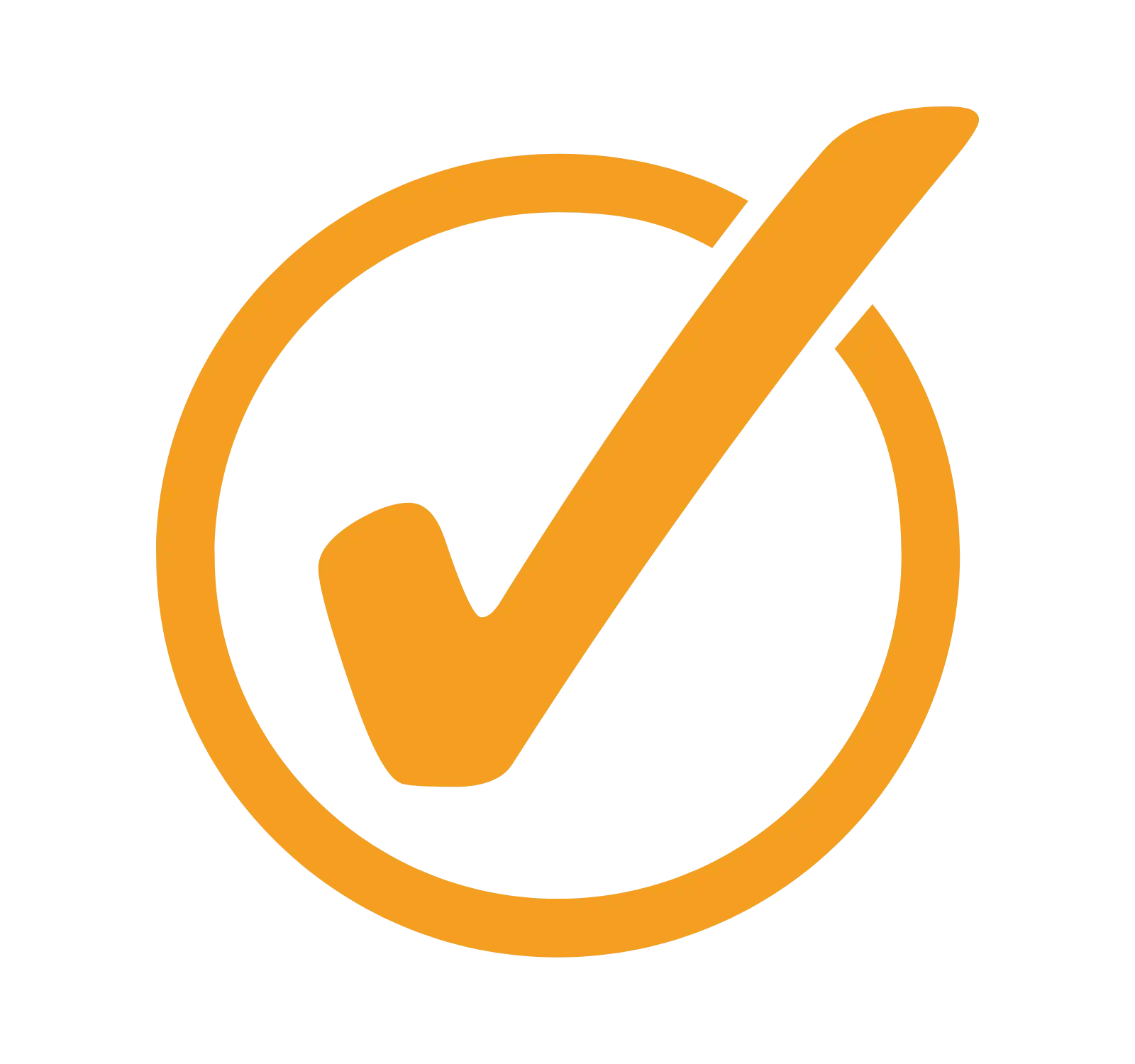





Why should you select Us?










